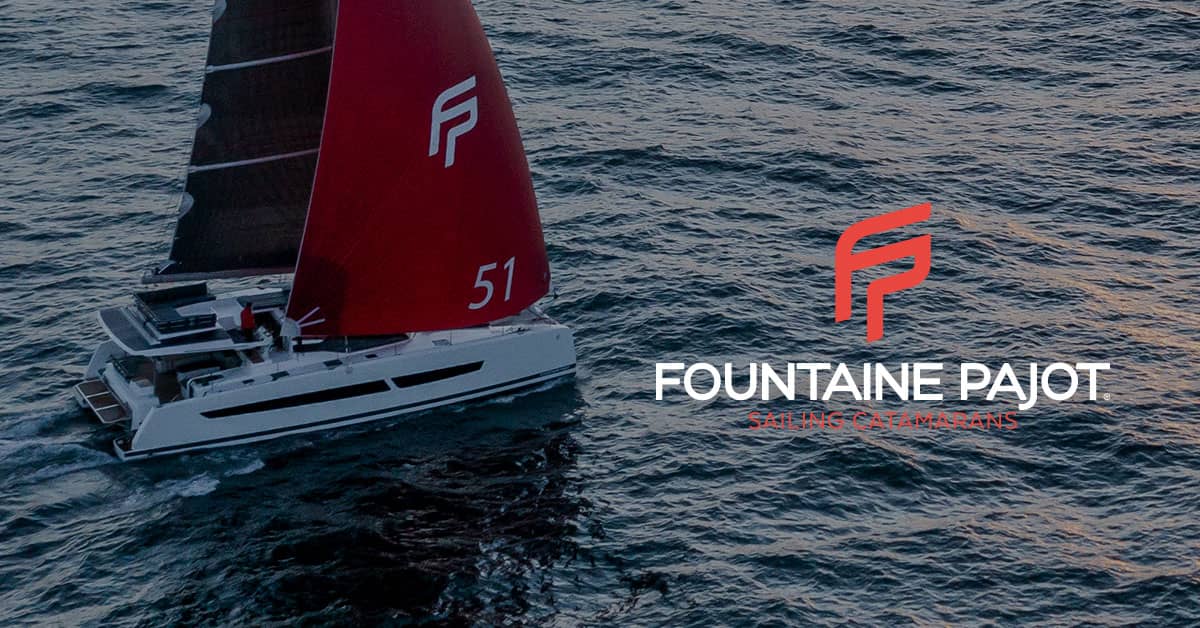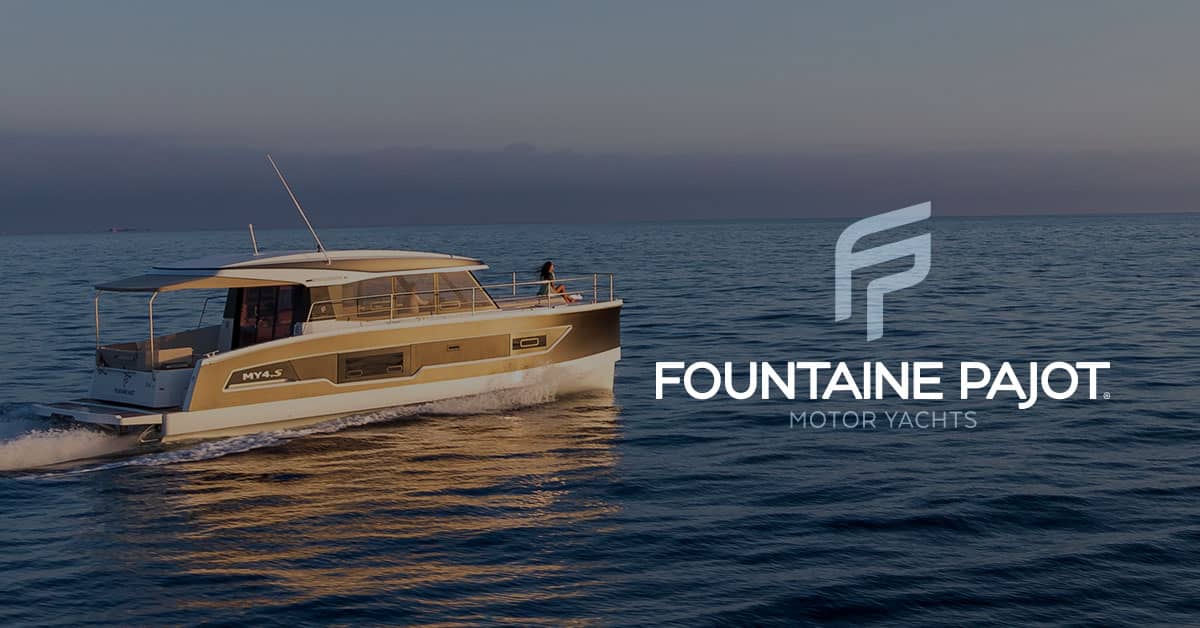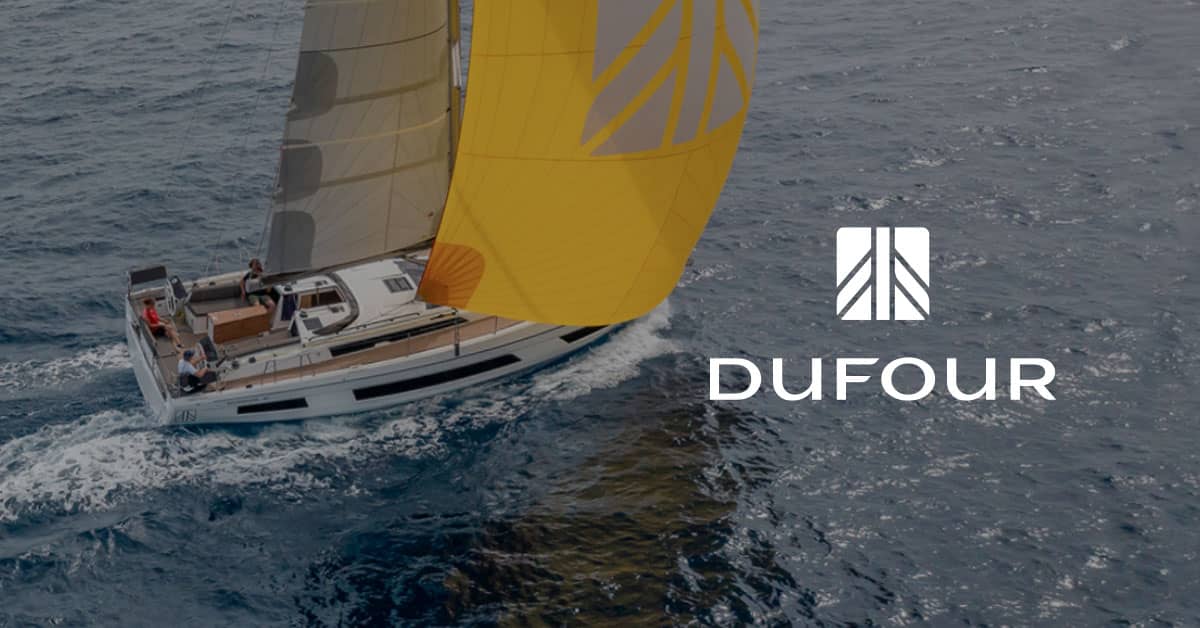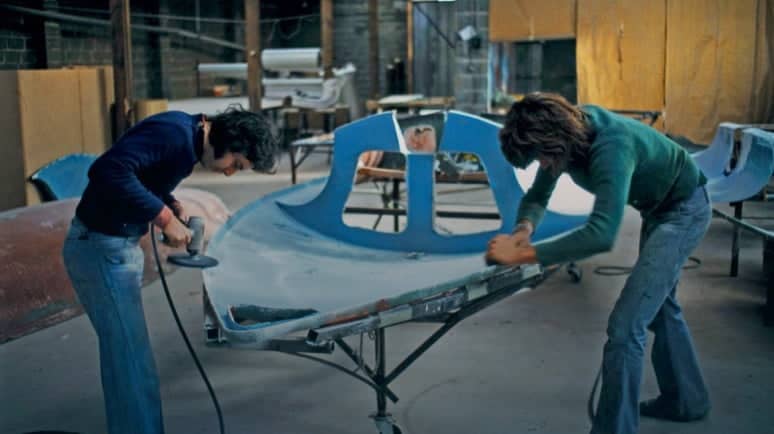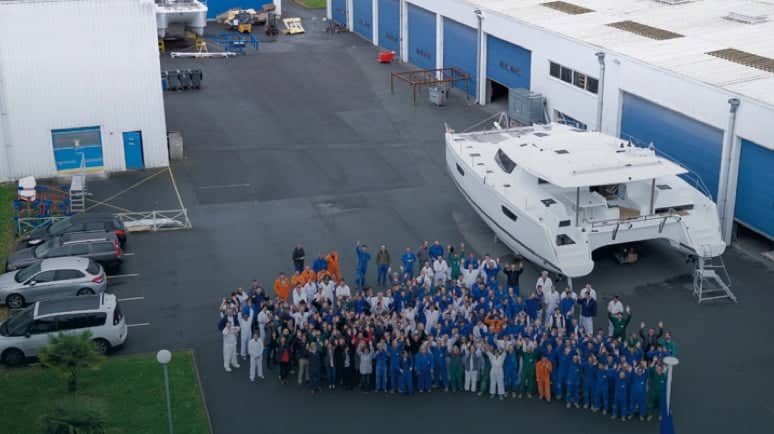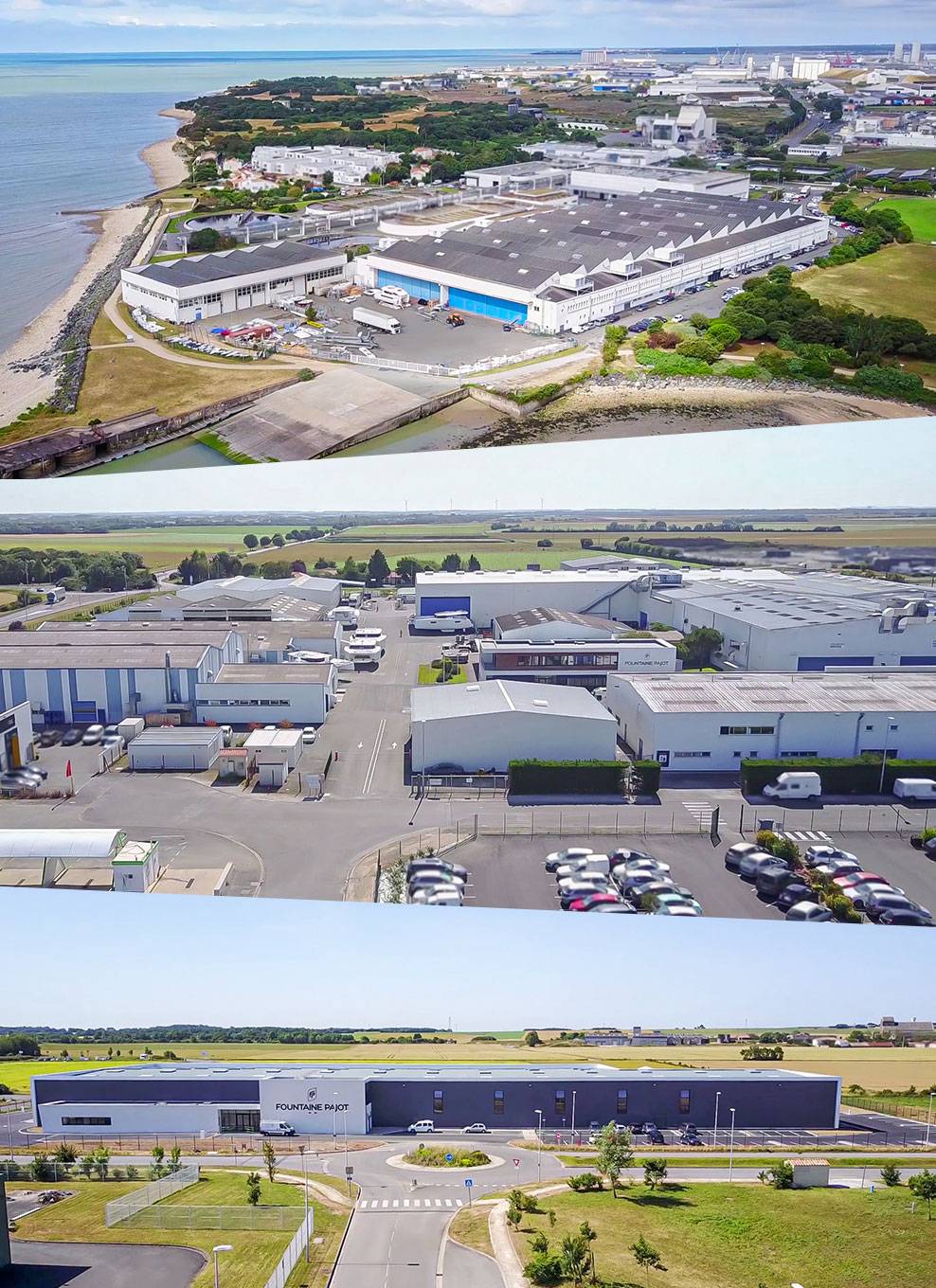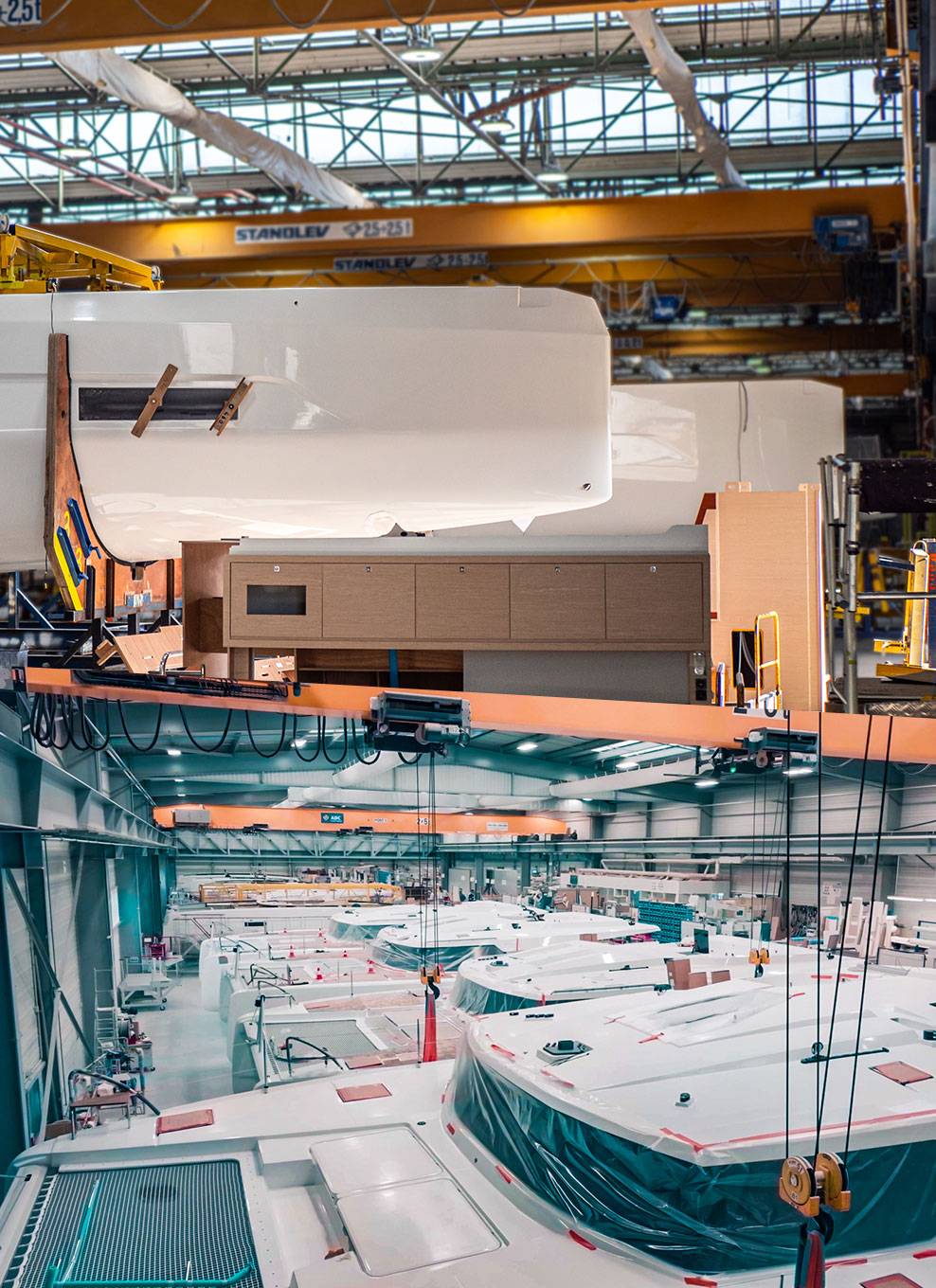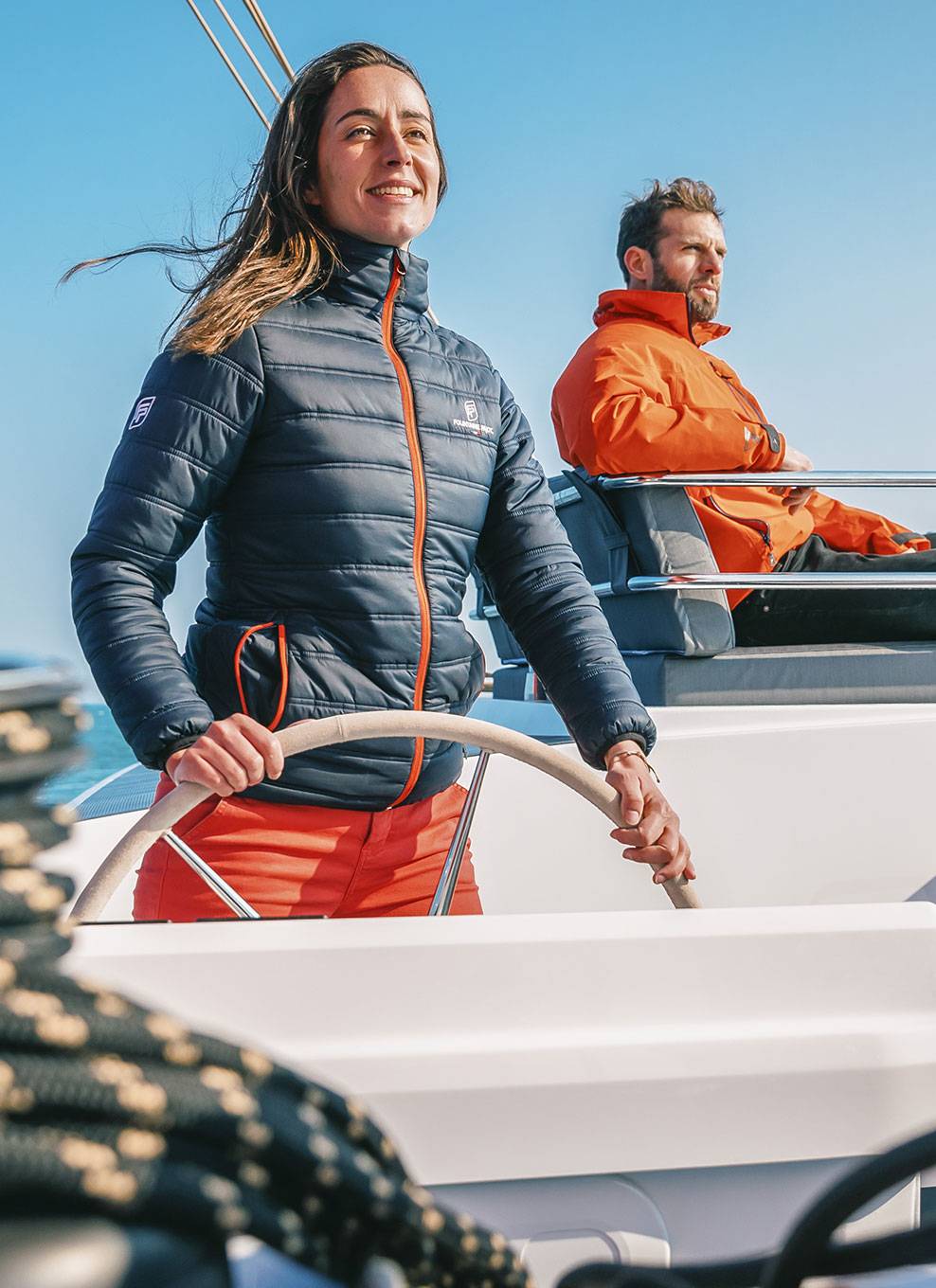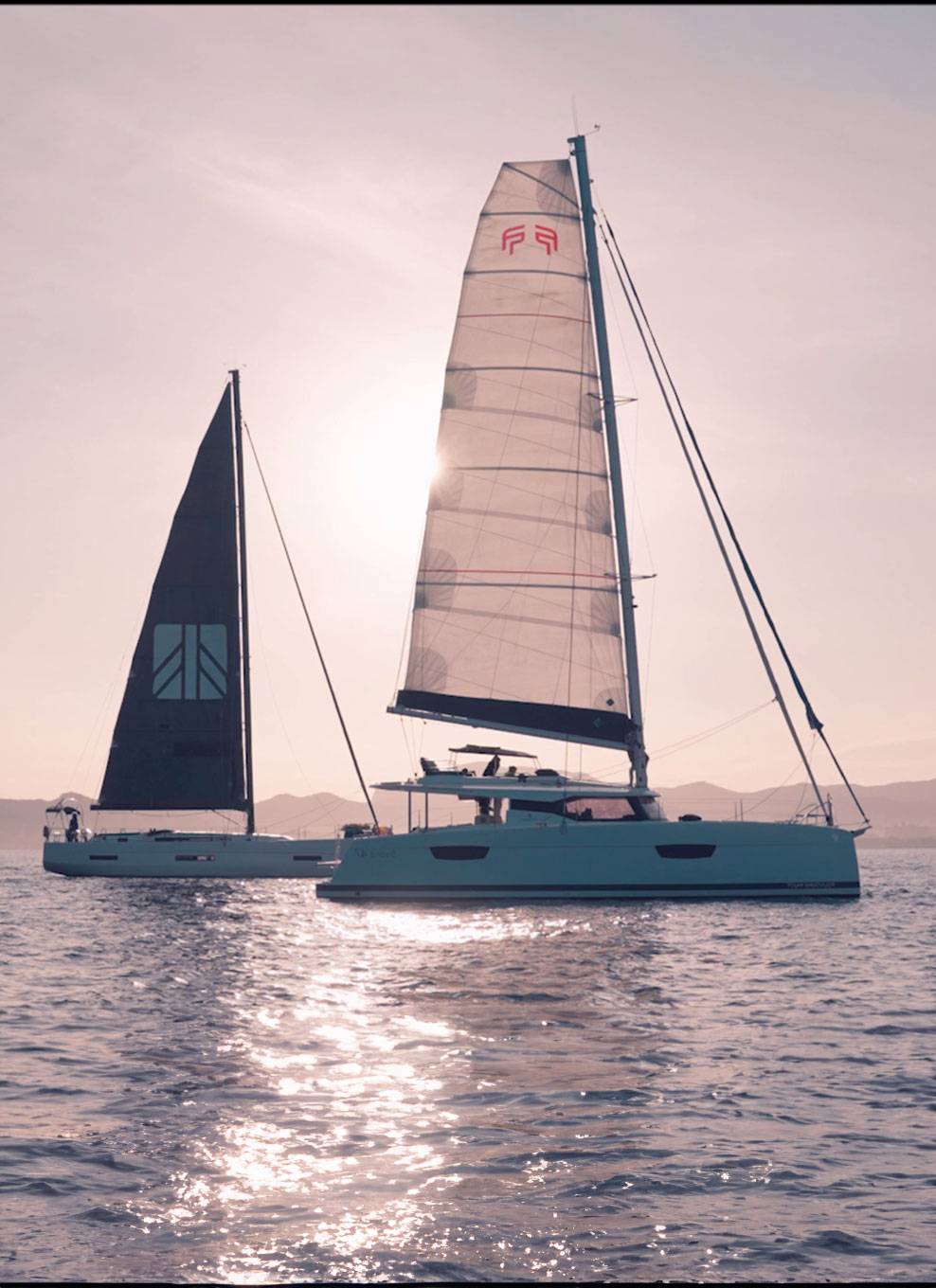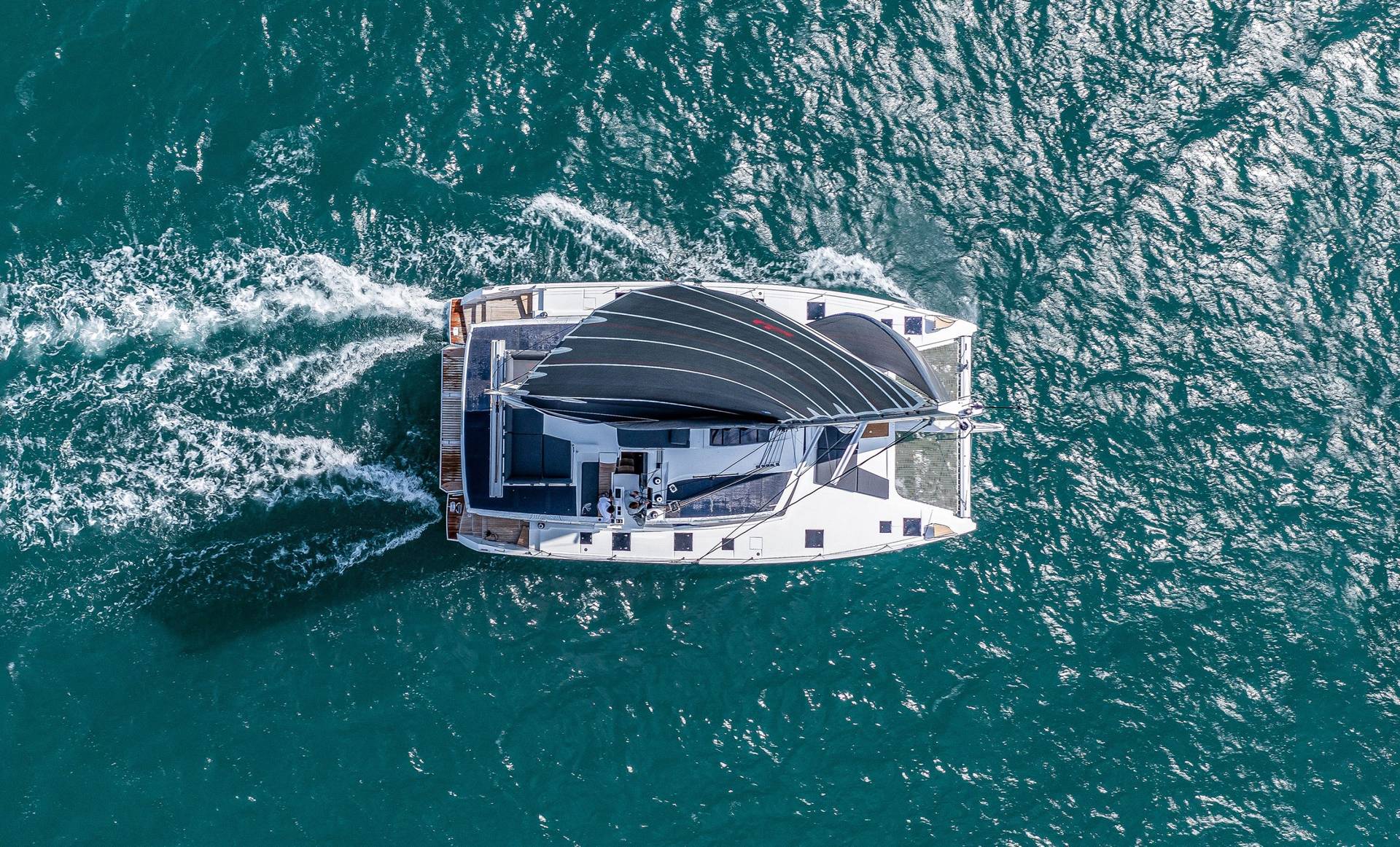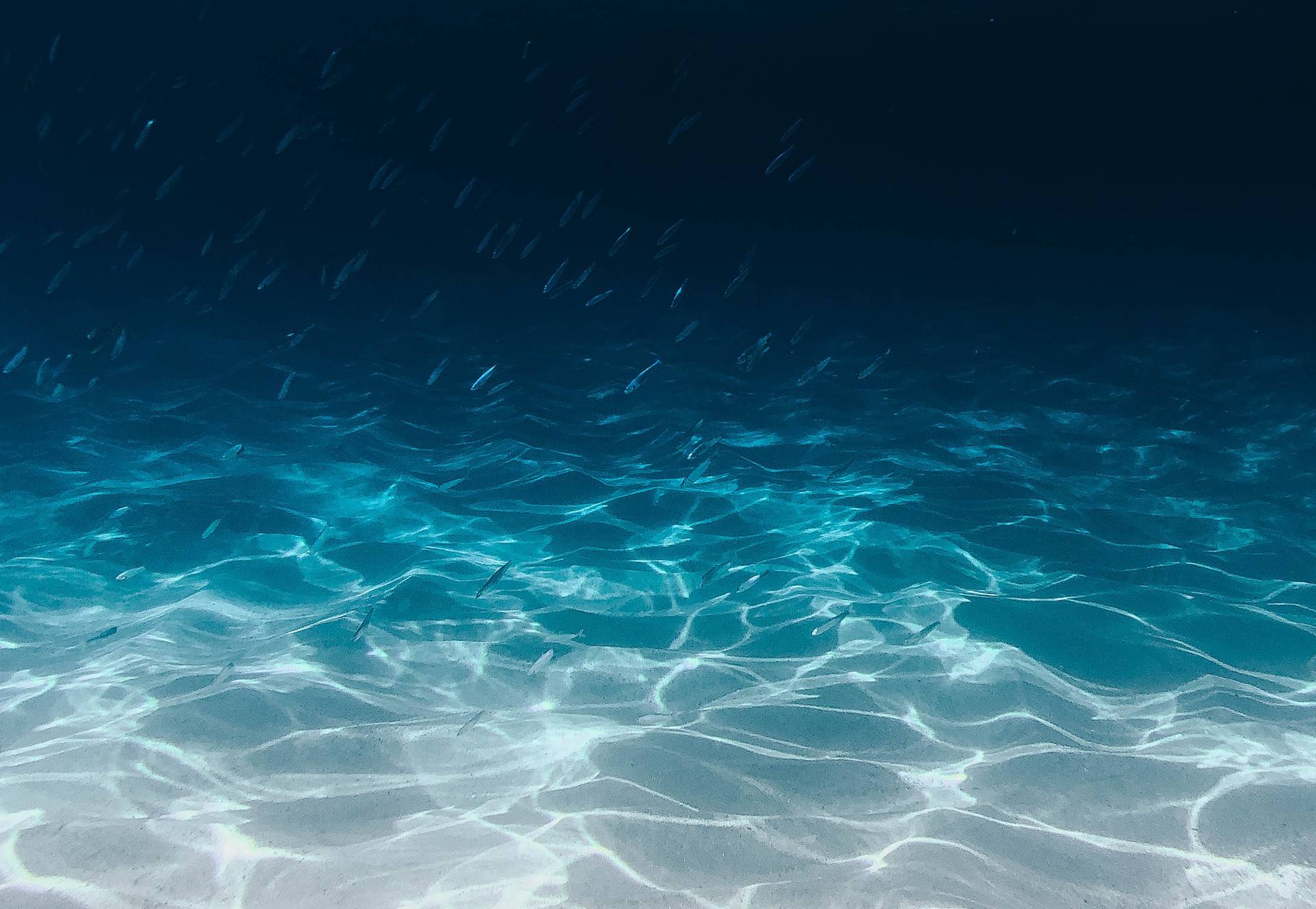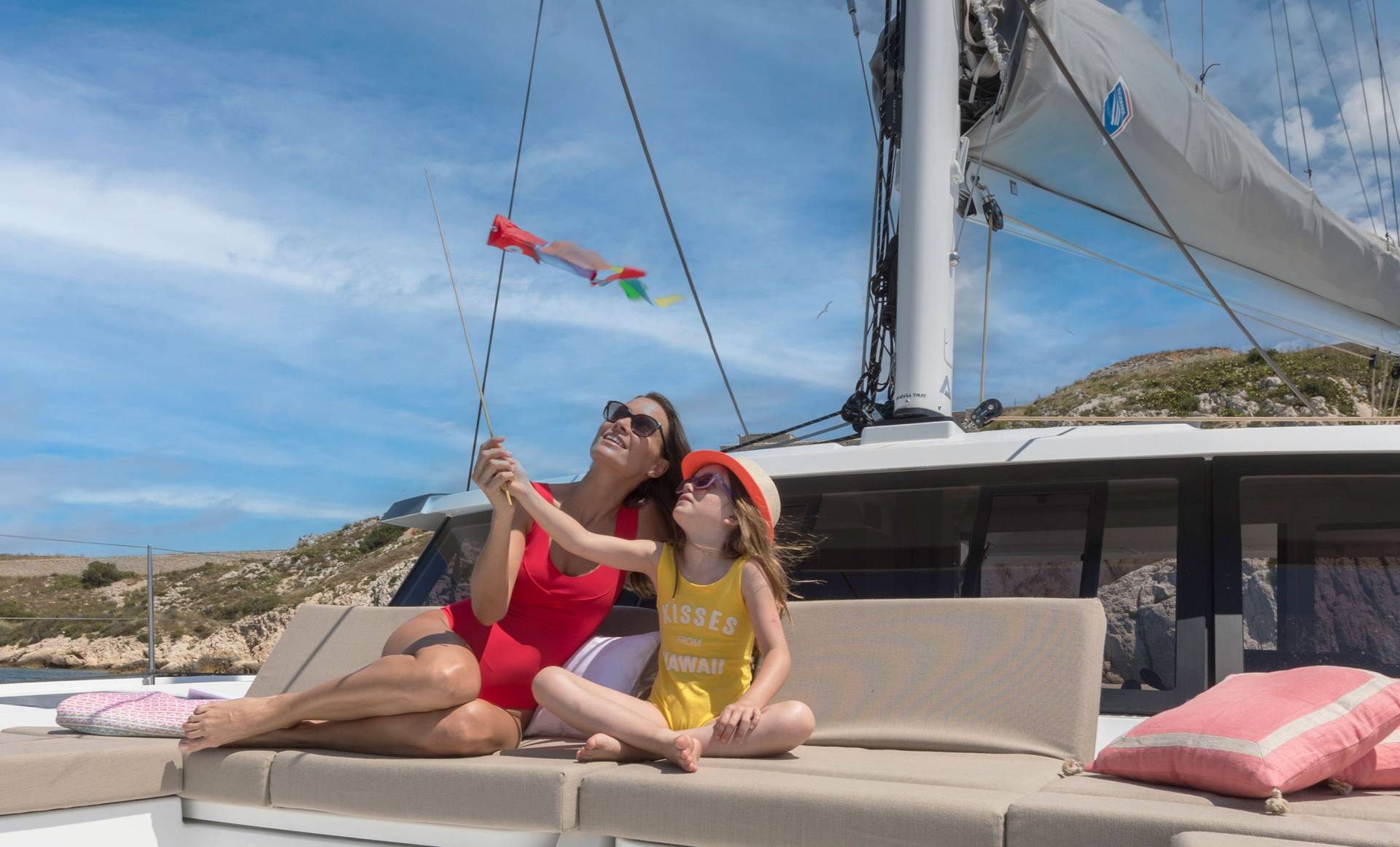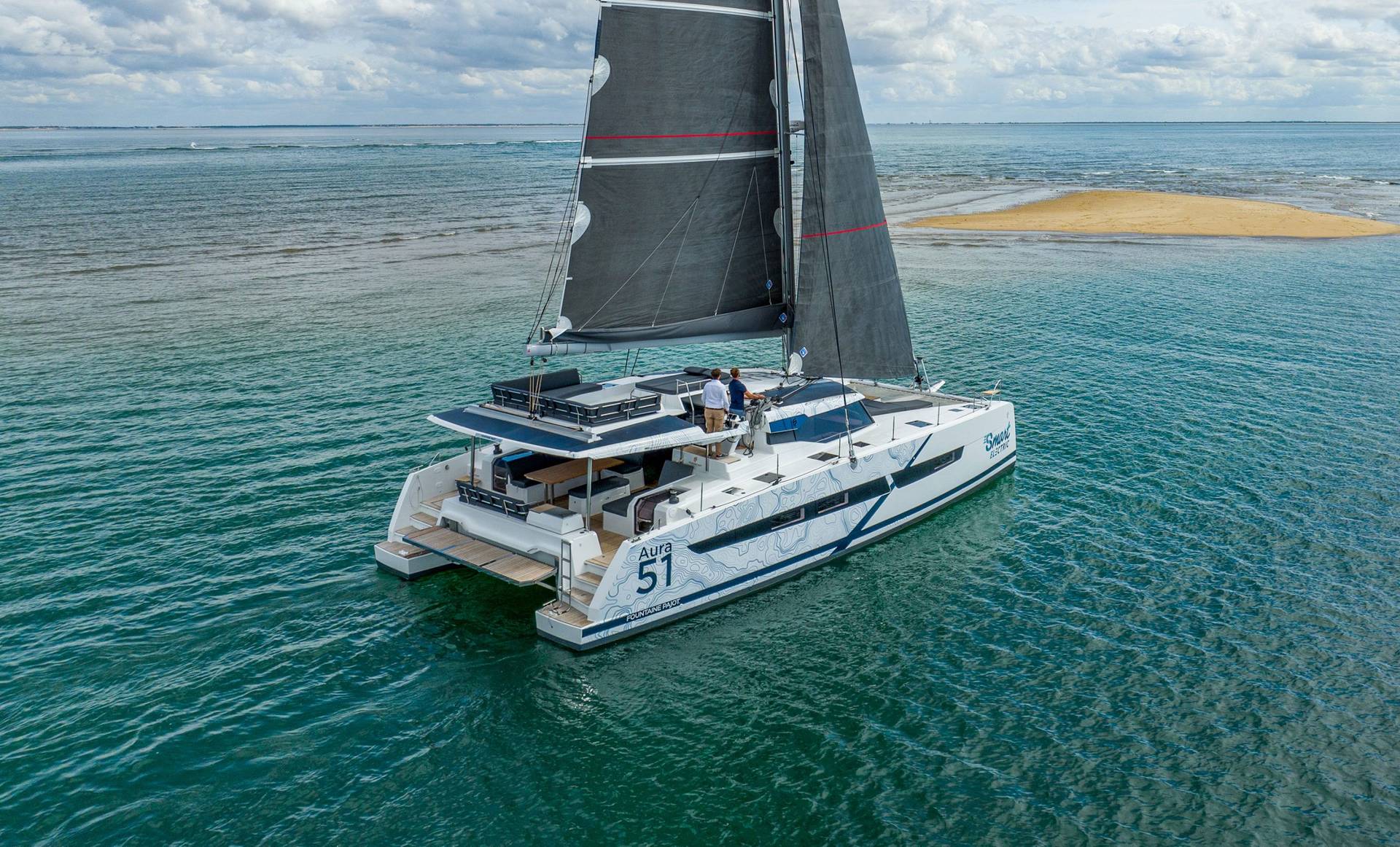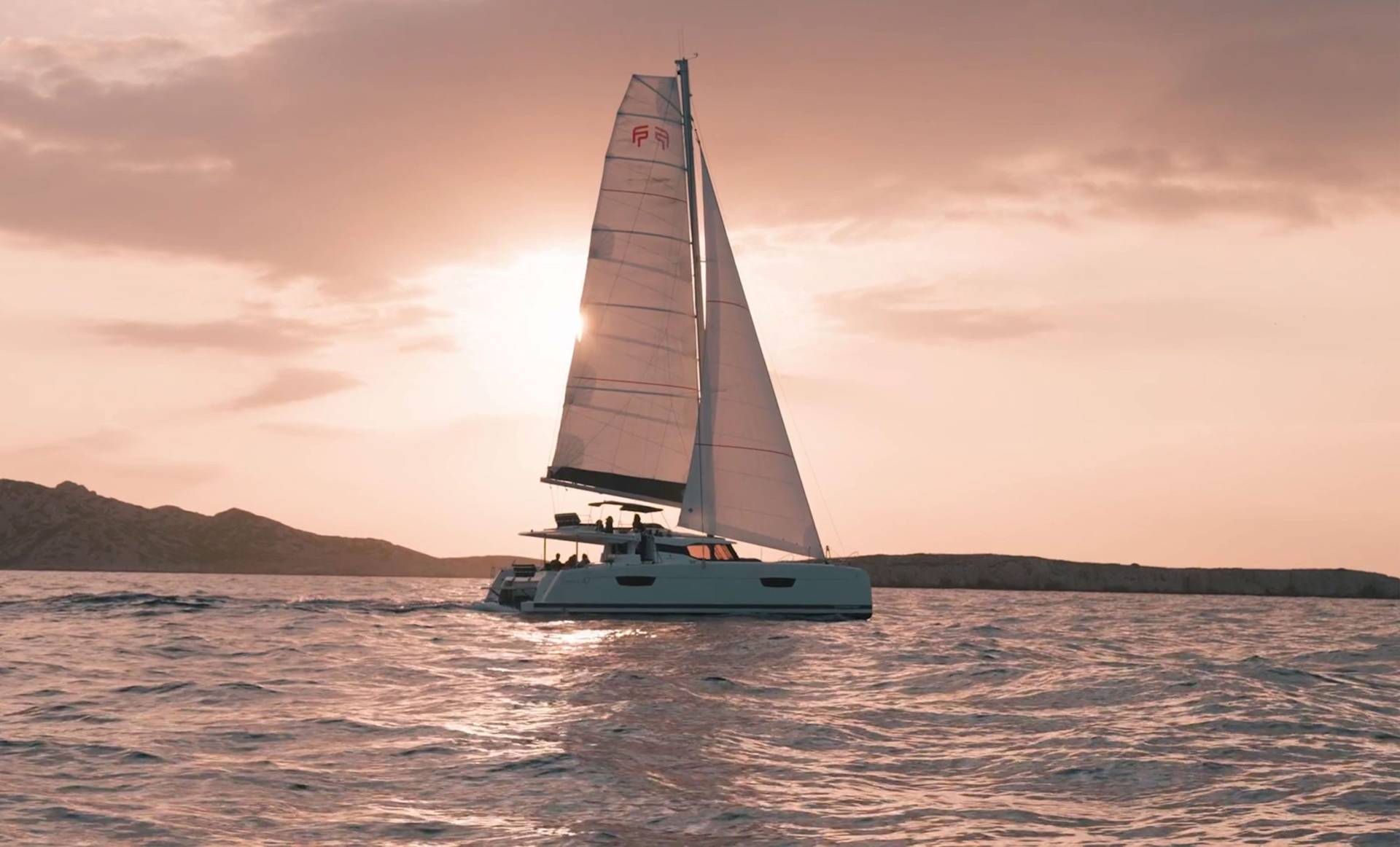
Commitments
“Setting sail for a low-carbon future”
Odyssea 2024, heading for carbon neutrality
An ambitious plan to achieve zero greenhouse gas emissions by 2030
To always stay one step ahead, the Fountaine Pajot Group has devised a global strategic plan to reduce its environmental impact and cut down the yachting industry’s carbon footprint.
From designing and constructing the first cruising catamaran to inventing innovative construction techniques, and from introducing multiple onboard energy management and production systems (Eco Cruising, Smart Cruising and then Smart Electric and Smart Hydro) to designing the first hydrogen-powered catamaran, the Fountaine Pajot Group has always worked to move with the times. Faced with the climate crisis, it was only natural that Fountaine Pajot should impement an action plan to reduce its environmental impact and achieve carbon neutrality by 2030.
Setting a course towards eco-friendly catamarans
Energy self-sufficiency
With the help of its ODSea Lab collaborative platform, the Fountaine Pajot Group is working on a sustainable and autonomous on-board energy production system by combining solar, wind and tidal turbine technologies. The Shipyard is also working on optimising resources by developing more efficient solutions that consume less energy while offering the same or even greater standards of comfort. To optimise energy on board, Fountaine Pajot yachts are fitted with an interactive on-board energy management tool that effortlessly allocates energy between propulsion and on-board needs.
New propulsion systems
Today, thermal propulsion accounts for the majority of the carbon footprint during a boat’s life cycle. That’s why ODSea Lab’s teams and experts have developed electric motors for cruising catamarans and sailboats. The electric catamarans Aura 51, Elba 45 and Astréa 42 are now equipped with Smart Electric technology, and other models will follow. The Dufour 530, Dufour 470, Dufour 44 & Dufour 41 sailboats are also available in Smart Electric versions.
Ultimately, coupled with large renewable energy storage capacities, the boat of tomorrow could be equipped with fuel cells to integrate hydrogen innovation on board and thus enhance its performance. The Samana 59 Smart Electric REXH2 prototype is a first step towards these new technologies.
Fountaine Pajot unveils its plan for a more sustainable boating industry
3:15 min
Discover also
How can we help you?

Are you a homeowner? We answer your questions
contact-owner.text
Receive an offer as a Charter Company
You own a charter company and wish to renew or expand your fleet? Contact our sales team to discuss your project
Contact us for any other request
For a partnership proposal or any other professional request, please contact our team

